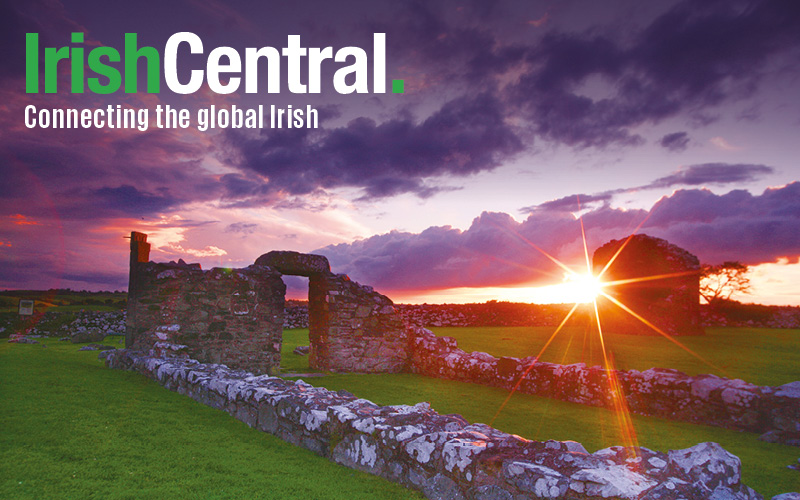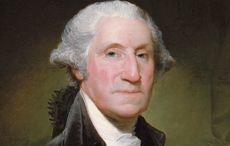Ireland should rejoin the Commonwealth; we all need to be careful how we celebrate the Easter Rising; Unionist landmarks such as partition should also be celebrated; the British soldiers who died in the Easter Rising deserve the same tribute as Irish fighters.
All the above show that despite the peace in Northern Ireland there appears to be an increasing push back against lawful nationalism in any form in Ireland.
It is an abject attempt to placate unionism in the North by pretending events such as partition belong on the same plane as the Easter Rising of 1916, which inspired freedom movements all across the world.
In this topsy-turvy world Orange has become the new green, the bending of the arc of history to make it appear as if the vicious northern state created out of whole cloth was as legitimate in its entirety as the state that the men and women of 1916 founded.
Was the Irish state perfect? Of course not, but it certainly could never be equated with the sectarian gulag that Northern Ireland became for the Catholics corralled into it against their will.
The new Orange Order has manifested itself in many ways.
Former Irish leader John Bruton insists, despite overwhelming historical evidence, that the Easter Rising should be essentially downplayed because it merely prevented Home Rule happening peacefully.
Several historians have pointed out the sad reality that the Unionists had a secret and ironclad commitment from successive British governments that Home Rule would never be implemented despite what poor John Redmond thought (or John Bruton thinks).
Indeed, one of the saddest moments of the aftermath of the Easter Rising was Redmond still commending young Irishmen to fight in the by-then hopeless World War I as cannon fodder and Edward Carson architect of the Ulster violent resistance commiserating with him over the dreadful Irish rebels.
The notion of British troops receiving the same homage as the men who led the uprising has been raised in the Irish Times by representatives of the 1916 celebrations group who have scheduled an event equally honoring all who died.
Again it is a terrible mismatch to equate fighting the imperial power that possessed your country as George Washington did and acknowledging the army of that empire defending it.
The push to have Ireland rejoin the Commonwealth is just the latest auto de fé or public penance some want to impose on the Irish citizenry for their temerity in becoming a Republic.
A meeting of the Royal Commonwealth Society (the very name says it all) was held for the first time in Dublin last weekend urging the country rejoin.
The fact that an unelected monarch and a sectarian officeholder, which no person other than church of England can aspire to, is the head of the commonwealth was never mentioned.
There are far too many examples of the new Orange order to believe it is all just coincidence. The centenary of 1916 promises to refashion and refocus the Irish view of their own history in a way unseen since independence.
Those happy with the status quo and the “Shure we’re a grand little country” have most to lose as the gyre of history slowly spins and many come to to new conclusions about the past and present in a way that could upset the entire power structure.
Power concedes nothing in these situations and that is already abundantly clear. The next 12 months will be especially important in the battles of whose version of history triumphs. Ireland’s future direction is at stake.




Comments